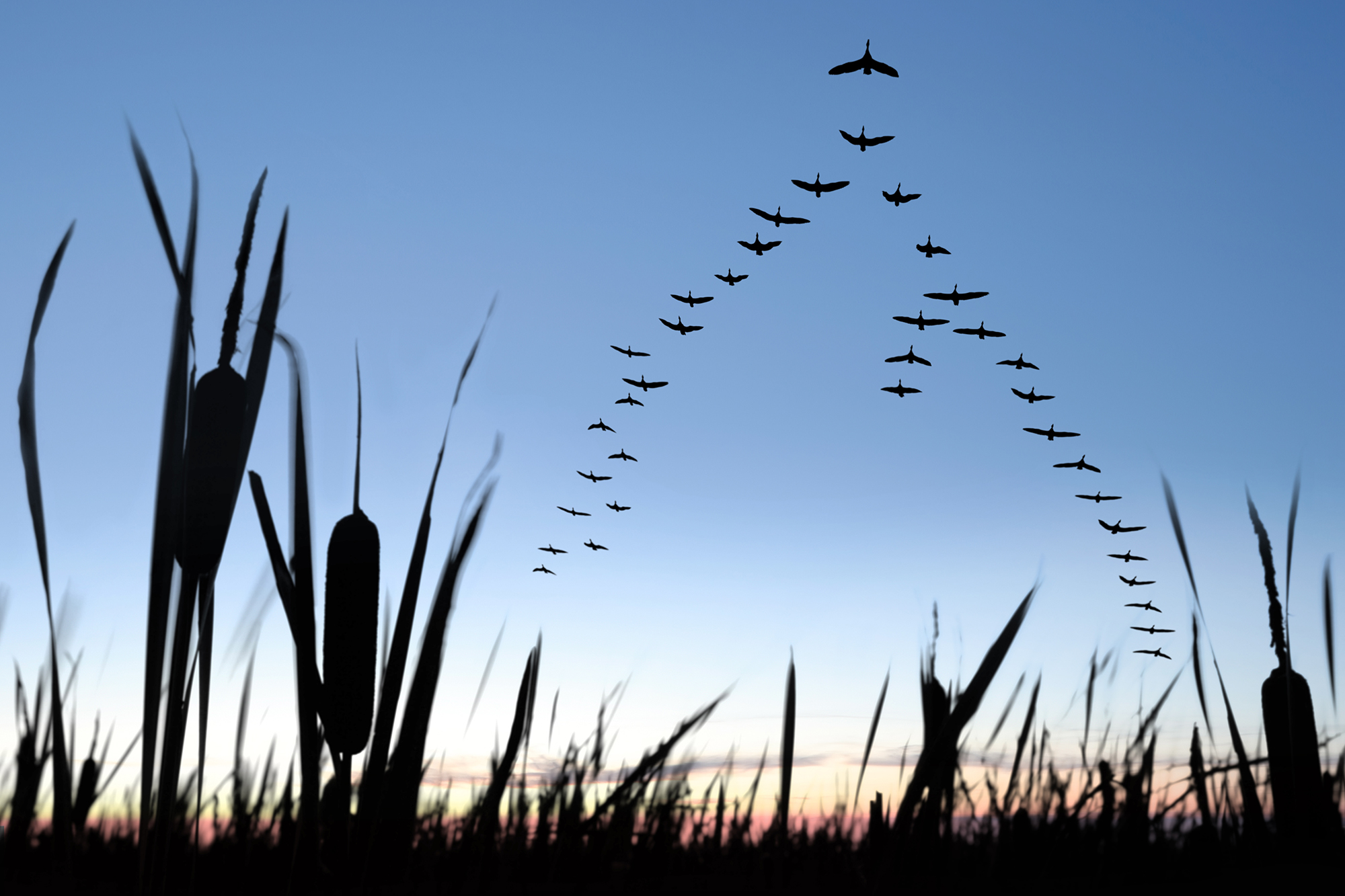Online meeting to enhance international cooperation
In the midst of the Covid-19 pandemic, no fewer than 42 representatives of SCO International members logged in to discuss their national projects on fighting against the impacts of climate change. CNES, the French space agency behind the SCO initiative, represented France's contribution, encompassing around twenty national agencies and institutions, opening the session with a presentation on the certification process established by SCO France. With its transferable framework, France is hoping to encourage other members to follow in its footsteps, so that all members can combine skills linked to climate change in their countries, whilst promoting international cooperation.
SCO France: flooding, rice farming and vector-borne diseases
Four projects of international concern were discussed, with the aim of giving feedback to the SCO community, by providing the models created and data produced.
The initial focus was on FloodDAM, a detection tool to assess and monitor flooding globally, with flooding risk maps and short-term forecasts. Experiments are taking place on rivers in France (Seine and Garonne), Madagascar (Betsiboka), Spain (Ebro) and the US (Mississippi).
Conducted in collaboration with Vietnam, a demonstrator for monitoring the impacts of climate change on rice farming is being used for two projects: The Agriculture Resilient Recovery Observatory (ARRO) estimates damage following typhoons and Vimesco-Rice offers dynamic monitoring of rice farming in the Mekong Delta.
Finally, initially intended for health players, the ArboCarto-v2 project offers a predictive tool to help manage vector-borne diseases carried by the dreaded Aedes mosquito in its albopictus and aegypti forms. Already used in mainland France, Réunion and Martinique, it is able to produce mapping of both species on a scale suitable for the local fight against mosquitoes, as well as a simulation of potential impacts, for decision-making support and educational purposes.
SCO China: dust storms, access to Earth observation data.
The Chinese space agency, CNSA, presented two projects.
HaDuWaS (Haze and Dust Storm Warning System) is a warning system for haze and dust storms, two issues for which China has to be able to provide a rapid response.
CAFE (Collaborative Analysis Framework for Environmental data) proposes the creation of an interface offering scientists quick access to a large amount of observation and climate simulation data.
SCO Africa: coast
Led by the Gabonese space agency, AGEOS, the Gabonese coast face to climate change project is a transferable coastal management tool used to help authorities in their coastal usage policies and ensure sustainable management for this important ecosystem.
SCO Mexico: Greenhouse gases
In the country ranked No. 12 in terms of greenhouse gas emissions, the Mexican space agency (AEM) is working on this issue, which is closely linked to pollution. In particular, it is offering to help design analytical tools and mathematical models to provide data in situ and coordinate national efforts in the use of satellite data.



